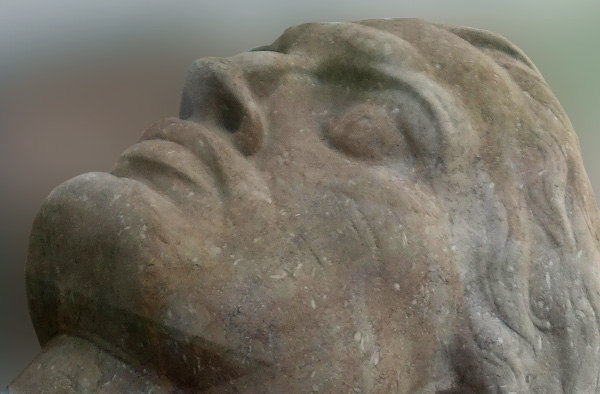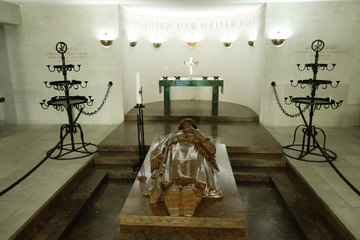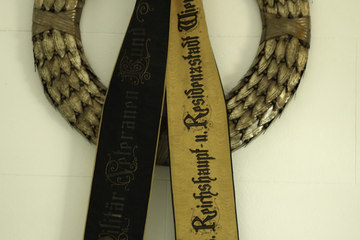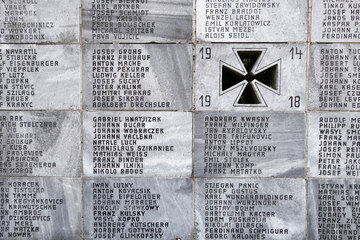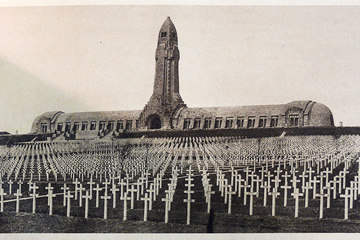What Remains in the Memory: Narratives and Sites of Memory
The First World War was the first media war in history. Propaganda bureaus had photos and films made and news reports and features written in order to document events in great detail and in the way they wanted. At the same time countless letters and postcards sent from the front by ‘ordinary’ people have been preserved. These are stored in public archives or in private households as family memorabilia. Nevertheless, despite the multitude of available sources, in the great narratives and discourse it is the same images, events and concepts that keep cropping up. There is talk is of a turning point of history, of tragedy, of a continent reeling towards its fate, of sliding into war, of a powder barrel and of a universal conflagration which ultimately destroyed the old order. All these metaphors express the fateful nature of events which happen (more or less) by themselves, without the help of actors.
The First World War is mostly seen in connection with the Second World War, as the ‘original catastrophe’ which led to the next, even greater catastrophe. This meant that for a very long time the First World War was overlaid in the collective historical memory by the Second World War together with the inconceivable crimes of the Nazis and the Holocaust. In Austria the result of this was that lines of conflict have developed time and again in the case of sites of memory which have connections with the Nazis. Two examples of this are the Heroes’ Memorial on the Ringstrasse in Vienna and the so-called Siegfried’s Head at the University of Vienna. But at the same time attention should be paid to the thousands of small and large war memorials which are dedicated to the memory of those who died a ‘hero’s death’ while carrying out their ‘duty’ in the First (and Second) World Wars. Although they should be evaluated in the context of the time at which they were put up, what they express should nevertheless be critically challenged.
Translation: Leigh Bailey

